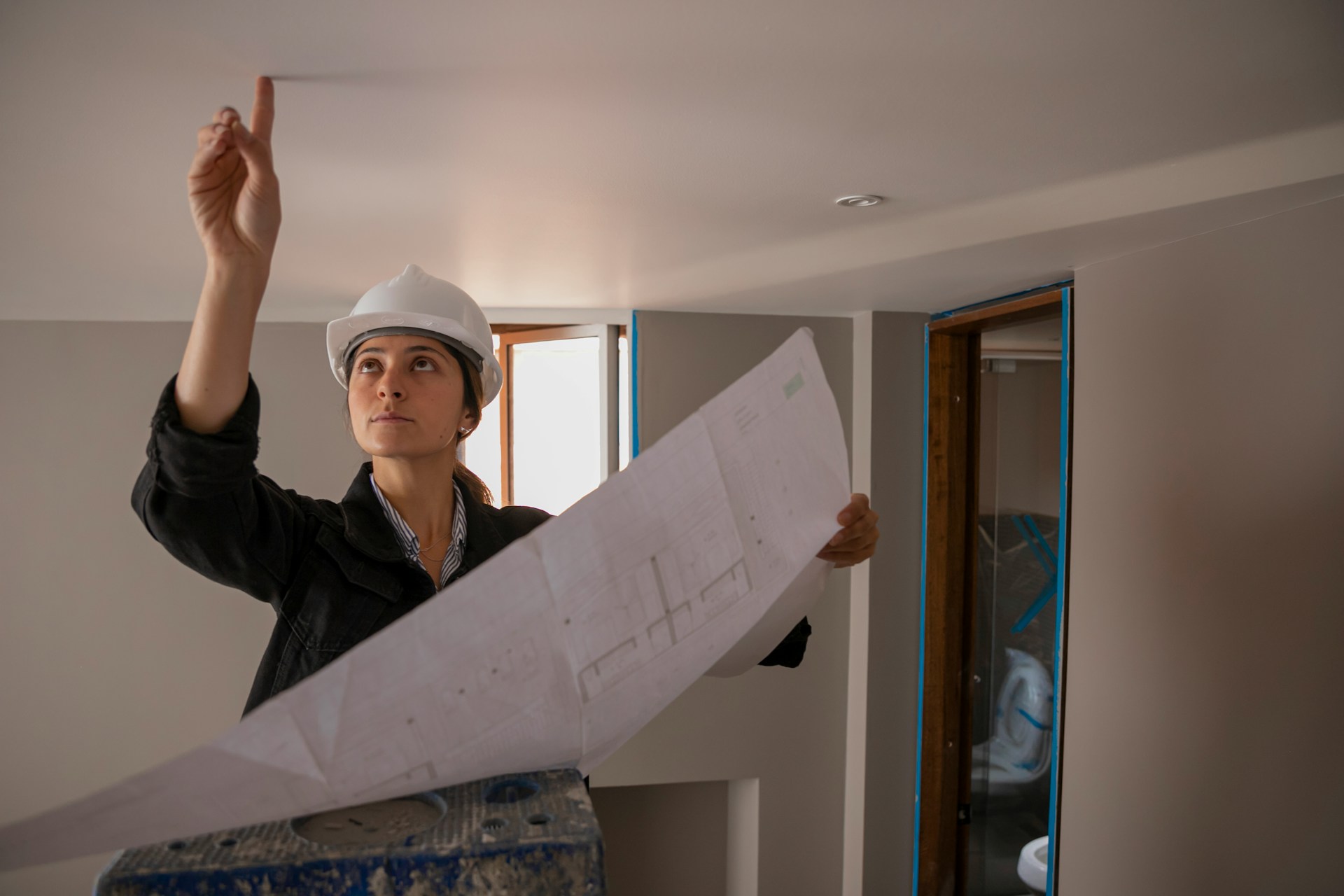
Buying a home is a significant decision, both financially and emotionally. It’s easy to fall in love with a property’s charm, curb appeal, or location. But underneath the surface, problems may be hiding—issues that could cost you thousands of dollars later. That’s where the home inspection comes in. This crucial step can make or break your buying experience. Skipping it puts your investment at risk. Let’s explore why a thorough home inspection before buying is essential and how it protects your future.
Protecting Your Financial Investment
Purchasing a home is one of the most significant financial decisions you’ll make. No one wants to spend their life savings on a property that turns out to be a money pit. A detailed home inspection provides valuable insights into the property’s actual condition. It can reveal expensive repairs that aren’t immediately visible, such as structural issues, outdated electrical systems, or plumbing problems.
Even new construction homes can have flaws. A home inspector ensures that everything from the foundation to the roof is built correctly and meets current safety standards. This peace of mind is priceless. It allows you to make informed decisions and negotiate repairs or a lower price before closing the deal.
When you know what’s wrong with the house beforehand, you can avoid taking on surprise repairs. This could save you tens of thousands of dollars. For buyers working with tight budgets, this is more than just helpful—it’s essential.
Negotiation Power for Buyers
One of the most significant advantages of conducting a home inspection before buying is the leverage it provides during price negotiations. If the inspection report uncovers issues like a leaky roof, termite damage, or HVAC problems, you have every right to renegotiate the sale. You can ask the seller to fix the issues, lower the price, or offer a repair credit.
Sellers who are serious about moving forward will often agree to these requests. After all, they don’t want to risk losing a committed buyer. If the problems are too significant, you also have the option to walk away entirely—without losing your earnest money deposit. The inspection empowers you to protect your best interests at every step.
Skipping this stage removes your ability to negotiate from a position of knowledge. You end up relying solely on what the seller tells you or what you can see on the surface. That’s a risky move in a complex real estate market.
Uncovering Hidden Safety Hazards
A professional house inspection checklist includes evaluating essential safety concerns. Some of these can pose immediate threats to your family’s well-being. Inspectors will look at the condition of wiring, smoke detectors, carbon monoxide detectors, fire hazards, and even radon levels.
Lead paint, mold, and asbestos are other potential hazards that might be present in older homes. These aren’t always visible, but they can have a significant impact on health. A qualified inspector knows how to spot them and recommend solutions or further testing.
By identifying these problems early, you’re not just protecting your investment—you’re also safeguarding the people who will live in the house. Safety should always be a top priority, and inspections help ensure that your new home is a secure environment.
Planning for Future Repairs and Maintenance
Another overlooked benefit of a home inspection before buying is that it helps you plan for the future. The inspector will give you a clear picture of the home’s age and the condition of major systems, such as heating, cooling, plumbing, and roofing. Even if no repairs are required right now, the report will help you understand what to expect in the next few years.
For instance, if the water heater is 10 years old, you’ll likely need to replace it soon. If the windows are drafty but functional, you might want to budget for replacements later. This type of information enables you to plan for maintenance and prevent emergency repairs.
Knowing the life expectancy of key components is crucial. It helps you prioritize your budget after moving in and ensures you won’t be caught off guard by significant expenses. You can even use this insight to decide whether a home warranty might be a worthwhile purchase.
Peace of Mind During a Stressful Process
Buying a house is exciting, but it’s also incredibly stressful. From securing a mortgage to meeting deadlines and coordinating a move, your to-do list can feel endless. Amidst all this chaos, a home inspection offers a moment of clarity and control. It grounds your decision-making in facts and gives you confidence.
You won’t have to rely on guesswork or take a leap of faith. Instead, you’ll have a detailed report showing you exactly what you’re buying. Whether the inspection reveals a clean bill of health or several red flags, you’ll be in a position to make wise choices. That kind of reassurance is hard to find in today’s competitive housing market.
Inspections also benefit sellers. When a seller arranges for a pre-listing inspection, it shows they’re serious and transparent. Buyers are more likely to trust them, which can help a home sell faster and with fewer complications.
A home inspection before buying is not a luxury—it’s a necessity. It protects your finances, your health, and your peace of mind. With so much at stake, skipping this step can lead to regret and costly consequences. Whether you’re buying your first house or your fifth, always insist on a thorough inspection from a qualified professional.
In the end, the importance of home inspection can’t be overstated. It’s the most innovative way to ensure that your dream home doesn’t turn into a nightmare. Make it a mandatory part of your home-buying process, and you’ll gain the confidence and clarity needed to move forward. You deserve a safe, sound investment—and a fundamental place to call home.